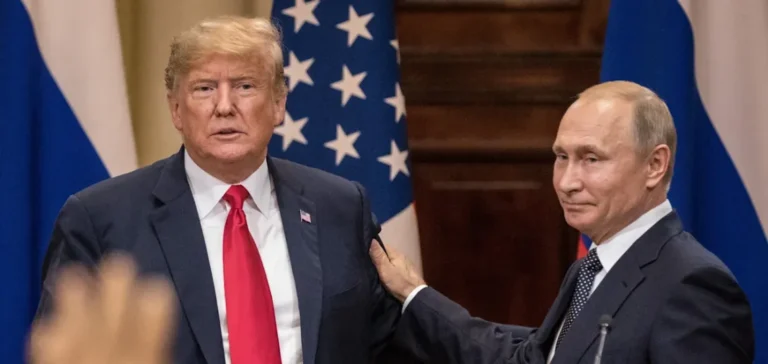The Russian Federation appears to be softening its stance on foreign investments in the oil sector through a decree signed by President Vladimir Putin, potentially allowing foreign companies to regain their positions in the Sakhalin-1 oil and gas project. Among the possible beneficiaries is Exxon Mobil Corporation, which held a 30% stake in the consortium before withdrawing in 2022, following the invasion of Ukraine.
The decree, signed on August 15, 2025, builds upon a previous order issued in October 2022 that transferred operational control of the project to Rosneft’s subsidiary Sakhalinmorneftegaz-shelf. This shift marked Exxon Mobil’s full exit from the project, resulting in a $4.6 billion impairment charge. The new terms permit a potential return of foreign shareholders, provided they meet three conditions: contributing to the lifting of sanctions, supplying critical imported equipment, and transferring funds into project accounts.
Conditions Imposed on Foreign Investors
According to information reported by Reuters, the return of Exxon or other Western players hinges on the relaxation of sanctions imposed by the United States and the European Union. The decree does not include any automatic mechanisms, leaving the process entirely dependent on diplomatic negotiations and associated commercial agreements. Current project partners include Rosneft for Russia, ONGC Videsh Limited for India, and Sakhalin Oil and Gas Development Co. Ltd. (SODECO) for Japan, all of whom retain their respective stakes.
Meanwhile, Russian authorities emphasize the need to restore the flow of specialized equipment, which remains restricted due to Western trade sanctions. Companies interested in re-entering the project must sign procurement contracts ensuring the delivery of these essential components, which are critical to maintaining production capacity.
Geopolitical Context and Economic Uncertainties
The decree was signed on the same day as a bilateral meeting between Vladimir Putin and Donald Trump in Alaska. While the official agenda focused on the war in Ukraine, multiple sources also indicated discussions around strengthened economic cooperation. According to Reuters, members of Trump’s team had considered the possibility of lifting certain sanctions quickly in the event of tangible progress on Ukraine.
At this stage, the lifting of sanctions remains speculative. Regulatory frameworks currently in force in the United States and Europe prohibit investment in Russian energy infrastructure without explicit authorization. However, the Sakhalin-1 project has never been directly targeted by Western sectoral sanctions, leaving room for legal interpretation.
Since the start of the conflict in 2022, the price of Russian oil has dropped significantly, from $100 to $55 per barrel. This decline has severely reduced Russia’s budget revenues, threatening the viability of the National Wealth Fund, which experts warn could be depleted by the end of 2025. Against this backdrop, Vladimir Putin’s apparent willingness to reintroduce foreign capital appears to be part of a broader macroeconomic stabilization effort.






















